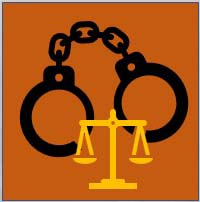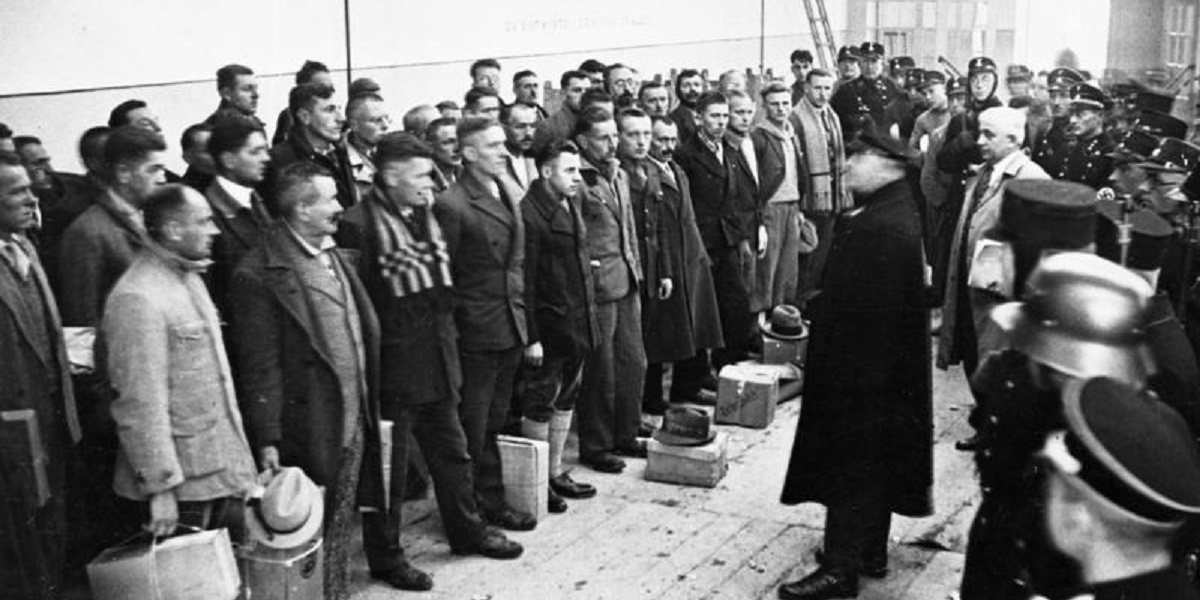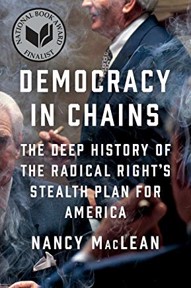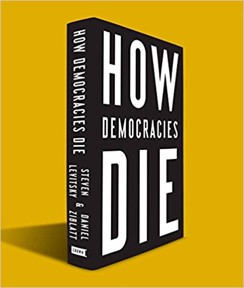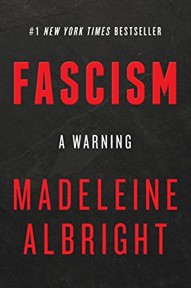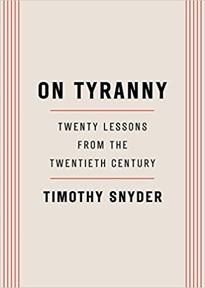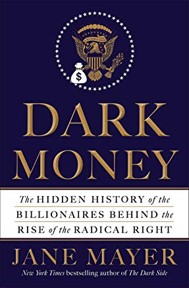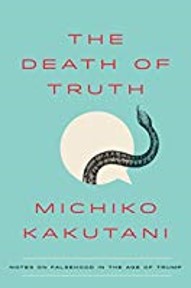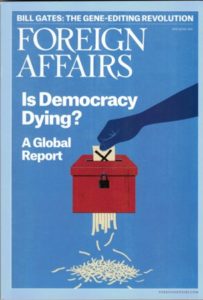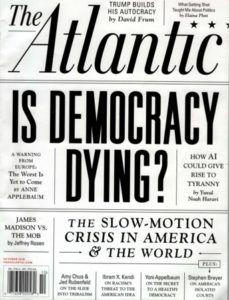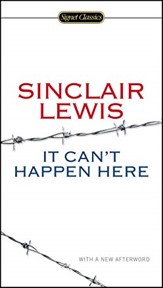November 20, 2020
As I am writing this, Donald Trump has still not acknowledged the Joe Biden won the 2020 election. He is concocting all kinds of ridiculous legal challenges, nearly all of which have been thrown out by the courts. He is pulling other anti-democracy and illegal stunts but what I want to focus on here is the judiciary. Fortunately, it is still holding despite the Republican Party’s and Trump’s attempts to pack the courts with compliant prosecutors who are willing to do Trump’s bidding. So Rule of Law is still with us. But can we count on it to last?
An event that occurred early as the Nazis were consolidating power provides a lesson as to how fragile Rule of Law is when people at the top levels in government refuse to enforce the law. This is the story of Joseph Hartinger, the Deputy State Prosecutor in Munich who tried to prosecute the SS for murder. At the time it was still illegal to summarily execute prisoners under German law.
In early 1933, the Nazis were able to remove all opposition parties from the parliament, mainly social democrats, communists and trade union representatives, using the Reichstag fire as an excuse. Himmler, who had by then taken over most of the police forces in Germany, decided that all members of opposition parties should be sent to prison. In order to accommodate the increase in prisoners, he opened the camp at Dachau, calling it a “reeducation” camp.
In May 1933, four prisoners were allegedly shot and killed while trying to escape. Joseph Hartinger set out to investigate. On his first visit to Dachau, accompanied by Moritz Flamm who was later murdered by the Nazis, he noticed several things seemed wrong at Dachau. Oddly, there were no Bavarian police on the premises. The SS has supposedly been assigned to work with the police not supplant them. Where were they?
Hartinger’s investigation of the shootings proved that the four men were not shot while trying to escape—they were shot in the back of the head at point-blank range. There were other suspicious deaths around the same time. A man was beaten to death and then his body was hanged. The commandant claimed it was a suicide. Later another man was shot at point-blank range. All of the murdered prisoners were Jews.
Hartinger gathered meticulous evidence to charge the SS with murder. He carefully documented the evidence and took the file to his boss, the Bavarian State Prosecutor. His boss told Hartinger he would not sign the documents; he would not sign anything. The State Prosecutor had already fallen under Himmler’s spell.
Hartinger’s next move was to file a public lawsuit against the SS charging them with murder. He took his file all the way to Berlin, to the Minister of Justice. For two months afterwards, the killings at Dachau stopped. Hartinger thought he had won that battle and that Dachau would be shut down under German law. But this momentary reprieve was only done to buy time for Himmler to make his next move. Himmler was worried about the bad press that would come from the lawsuit so he created a fake video showing the Dachau prisoners walking in formation, exercising, all of them looking fit and fed. The video convinced the German people that the political prisoners at Dachau were being treated according to German law.
Once he had the German people on his side, Himmler approached Hitler. He knew that Hitler disliked the judiciary, legal norms and values, and legal constraints on his power. Sound familiar? So Himmler persuaded Hitler to decree that no SS man would be arrested no matter what crimes were committed.
Hartinger had exhausted all possibilities to bring charges against the SS. His evidence was in the hands of the Nazis. It ended up with the head Nazi in Bavaria, who locked the file in a desk drawer. German law had become meaningless.
I learned the story of Joseph Hartinger from Part Two of the PBS series, The Rise of the Nazis. Dr. Timothy Ryback, historian and director of the Institute for Historical Justice and Reconciliation in The Hague narrated the part about Hartinger. He made a point that is acutely important when thinking about the situation in the United States today. Oskar Schindler is famous for saving 1000 lives. If there had been 1000 more people like Schindler, there would not have been a holocaust. More important: in the early days of the Nazis, if there had been only 100 people like Joseph Hartinger, there would not only have been no holocaust, but there would have been no Third Reich. But there was only one honest prosecutor.
This story brings into sharp focus the importance of an independent judiciary that takes its duty to uphold the rule of law seriously. If the United States loses that, the Constitution and rule of law could be tossed out as easily as it was tossed out by the Nazis. Dictators don’t like laws or any constraints on their power. Democracy is fragile and we could end up with a dictator here.
The United States judiciary is huge, with hundreds of state and federal prosecutors, state attorneys general, district circuit judges, and the Supreme Court. I have no idea the minimum number of honest prosecutors and judges it would take to maintain Rule of Law—or how many bent ones it would take to destroy it. The courts are dismissing Trump’s frivolous but dangerous lawsuits, so we still have enough judges and prosecutors who believe in our laws and institutions and are willing to uphold them. But if Trump somehow prevails, or if another autocrat is elected in 2024, the United States could go the way of the Nazis. And given that 72 million Americans voted, wittingly or not, to undermine democracy, the Constitution, and Rule of Law, to keep Donald Trump in power, this dreadful scenario is a real possibility.
The election of Joe Biden will give our nation a reprieve from the constant assault on democracy and Rule of Law under the Trump administration. Those of us who believe in our system of government will have to work hard to support and consolidate any gains that President Biden can make to protect our democracy.

